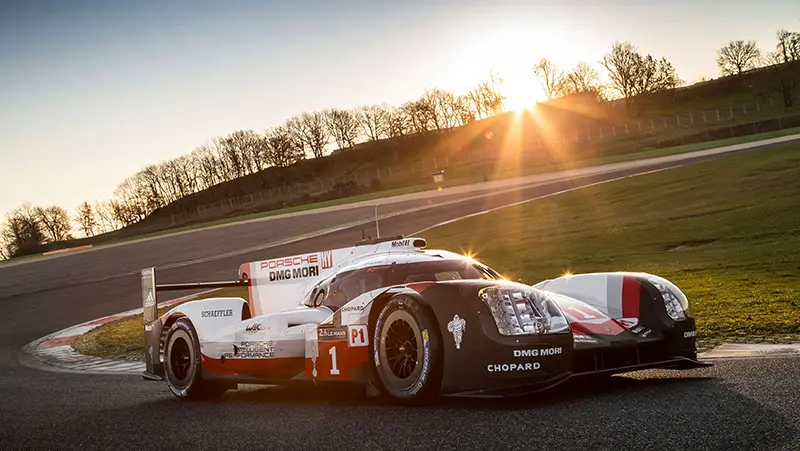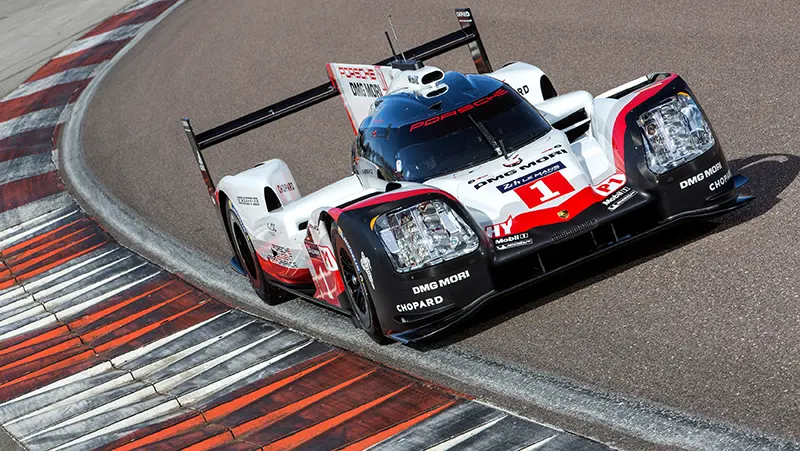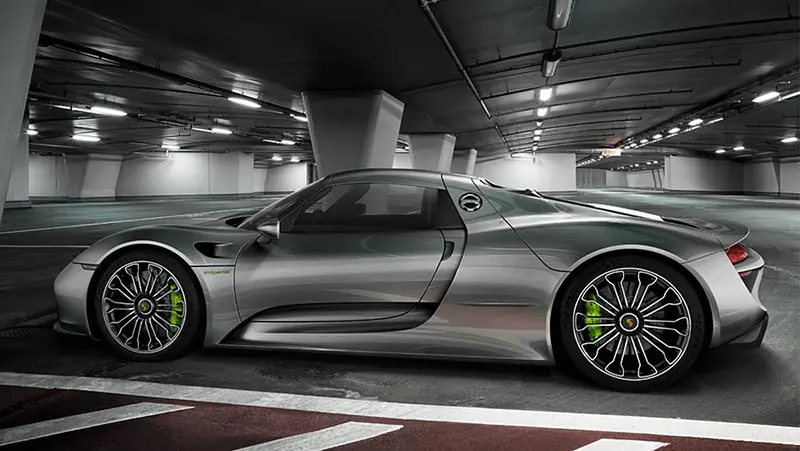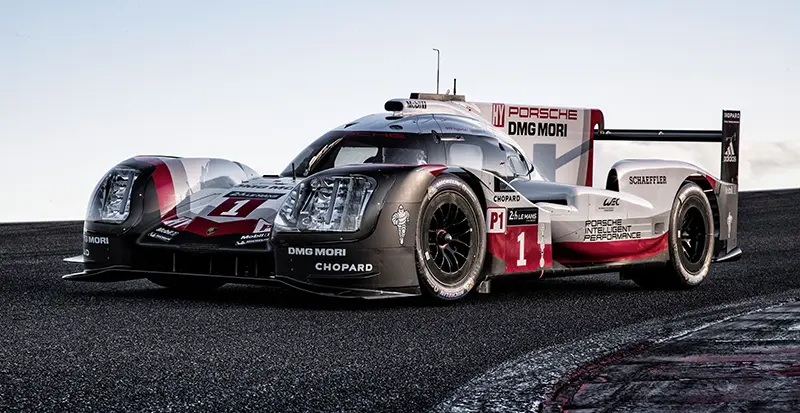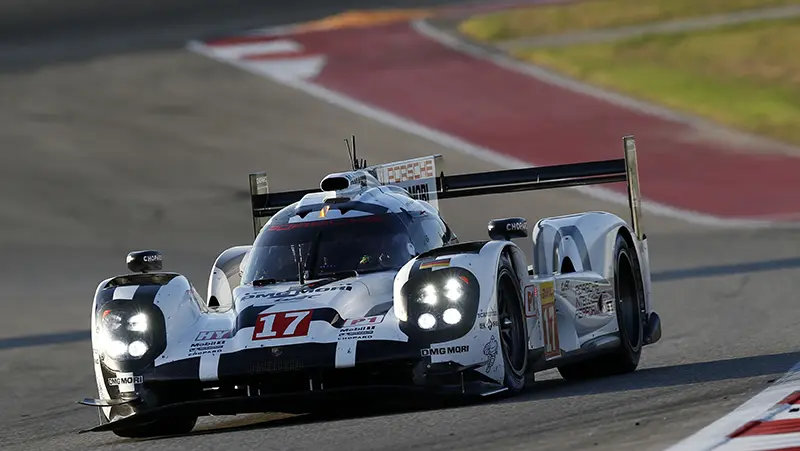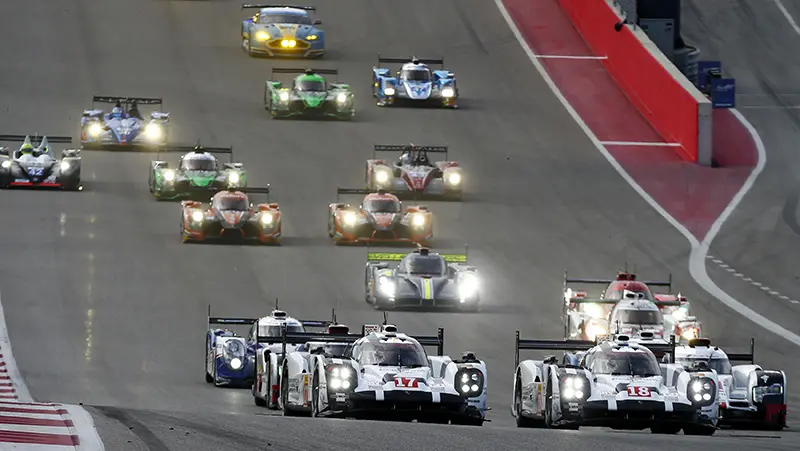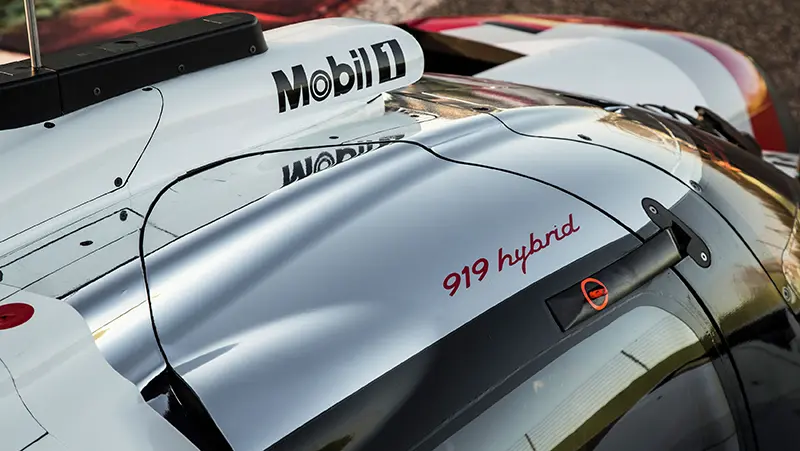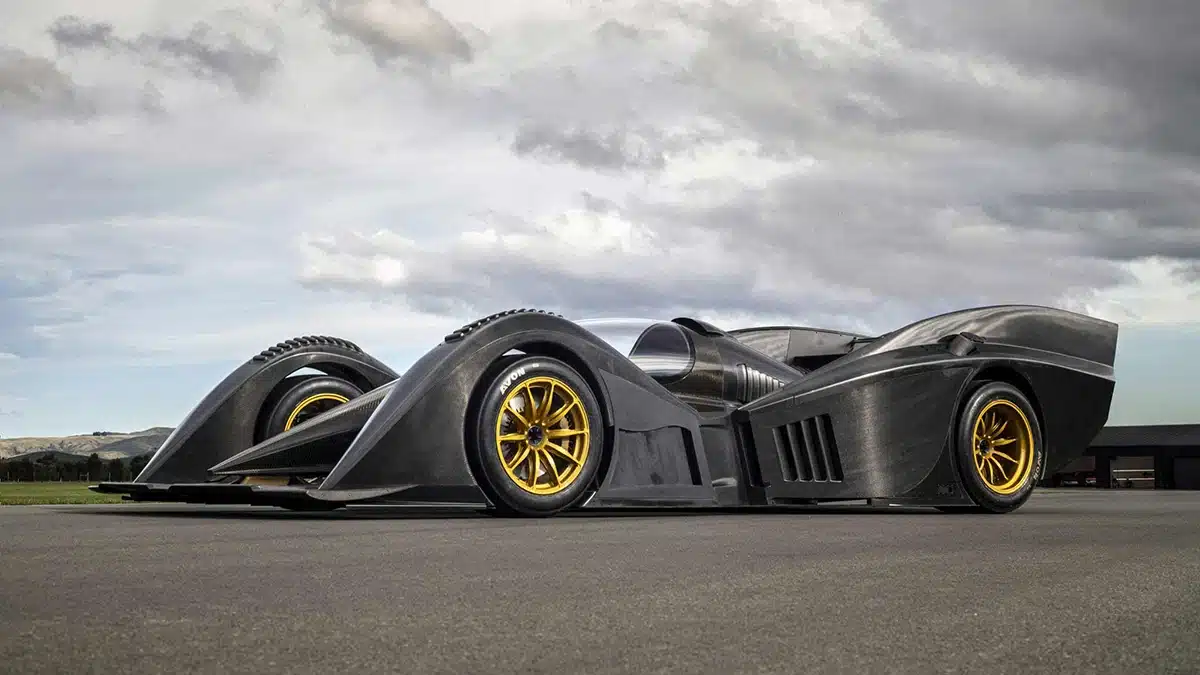The Porsche 919 hybrid has been in the making ever since the introduction of the championship winning Porsche 917.
Although there might be some healthy debate kicking around about just how good Porsche’s road cars are – noise over performance some might say – there’s no doubt in our minds that the German company knows what it’s doing when it comes to motorsport manufacturing.
In particular, the Porsche 919 Hybrid models are well-known for tearing up circuits and winning titles and trophies at endurance races all over the world.
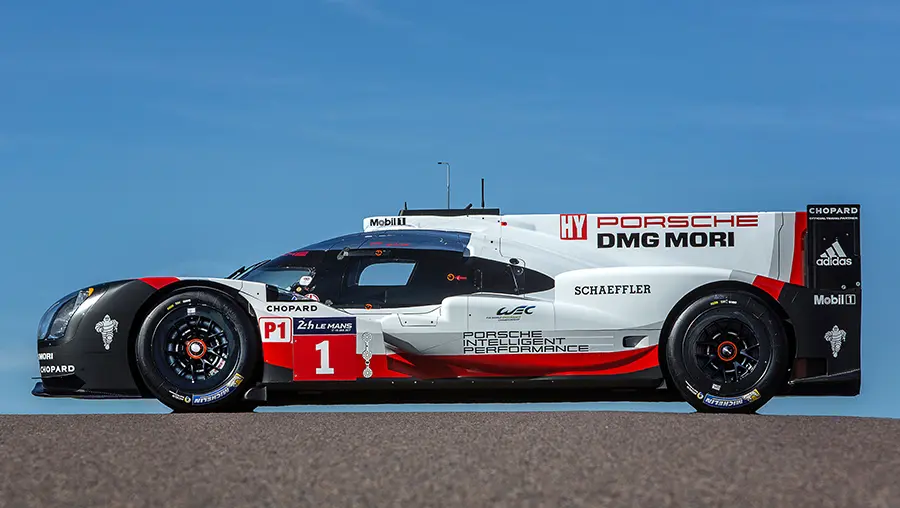
Porsche 919 Hybrid Has Pedigree
Of course, the success of the 919 series is owed to a history of racecars that were great in their time. Dating the whole way back to the 1969 Porsche 917 this racecar took the first of its dozen Le Mans 24 Hours titles in 1970.
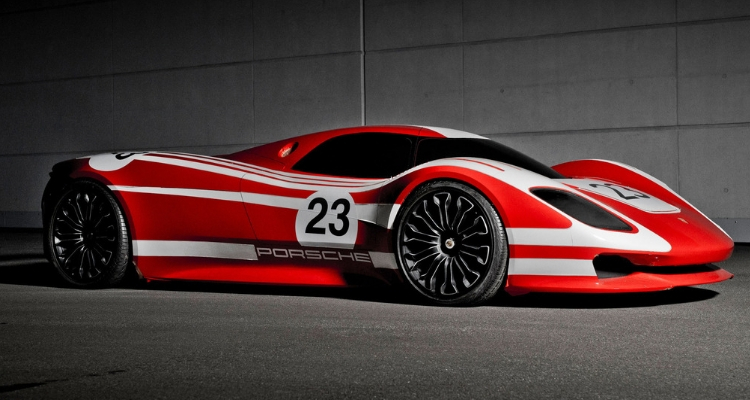
The 917 is considered to be the most historically successful of the Porsche motorsport series, although the 911 series was a massive competitor in rallies during the 1970s as well.
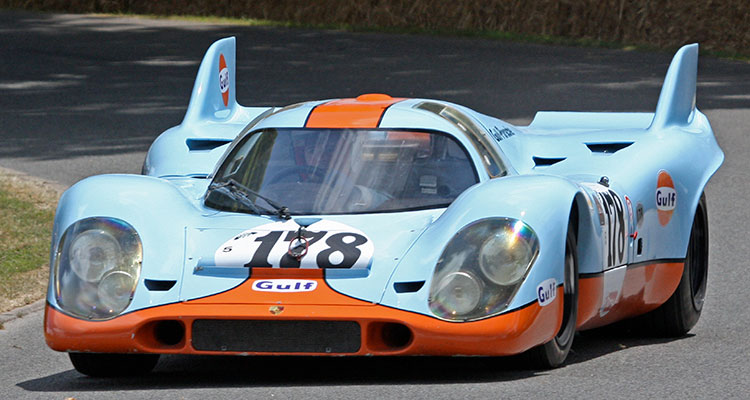
Fast-forwarding through the many years of title wins and innovations in manufacturing, we now look at how the Porsche 919 Hybrid series came into existence.
In 2014, Porsche built the sports-prototype racing car for the Le Mans Prototype 1-Hybrid (LMP1-H) category of the Federation Internationale l’Autosport World Endurance Championship (FIA WEC) for factory-supported hybrid-powered cars.
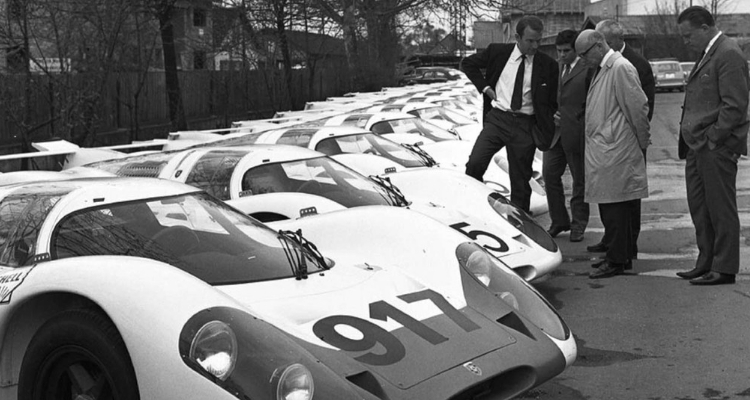
This is a lot of words that basically mean the regulations began seriously changing for the FIA WEC, and that manufacturers have since had to focus a lot of energy on the efficiency of their cars, as well as on their performance.
Constructed in 2014, the 919 Prototype signalled many firsts for the brand: it was the first sports-prototype built since the RS Spyder, and the first to compete in a top category of sportscar racing since the Porsche 911 GT1-98 and Porsche LMP1-98.
On top of this, it was the first model to be used by Porsche for a racing team since the previously mentioned GT1-98 and LMP1-98 models.
The first iteration used a 2.0-litre four-cylinder turbocharged engine with a battery-based hybrid system and it debuted to much hype at the 2014 Six Hours of Silverstone in the opening round of the WEC 2014 season.
Its 919 label serves as a nod to the much-favoured Porsche 917 racecar, but it also references the 918 road car that debuted the year before in 2013.
Initially, the 919 Hybrid was developed between 2012 to 2013 and it was first tested by Australian F1 driver Mark Webber at the Algarve. The new model made its inaugural public appearance in December 2013.
The 919 uses a Lithium-ion battery hybrid system, which – according to official figures – can store up to six megajoules of energy (1.7 kWH) per lap of Le Mans.
Sadly, the car’s competitive debut in 2014 at Le Mans wasn’t a great success, thanks to a broken anti-roll bar in the number 20 driven by Mark Webber. It didn’t even class as finishing the race. The number 14 driven by Marc Lieb fared slightly better, despite having the same problem with his 919, but he managed to finish in 11th place overall.
It was the 919 Hybrid’s second season in 2015 that saw it pick up pole positions at Spa and Silverstone, along with a pole and a win at the Le Mans 24 Hours.
This is most likely due to some serious structural changes, as the 919 Hybrid featured nearly 90 per cent new parts, which helped to improve its weight and the amount of energy it could store. It moved from six megajoules, up to eight per lap, an amount that makes all the difference in an endurance race.
With a two-litre turbocharged V4 engine, the 919 Hybrid took a one-two finish at last year’s Le Mans and flatlined competition from its closest rivals the Audi four-litre V6 turbodiesel and the Toyota 3.7-litre V8.
Alexander Hitzinger is the mastermind behind the creation of the 919 Hybrid LMP1 engine and says that for Porsche, the unit was a risky concept that has thankfully paid off, reports Evo.co.uk.
Restrictions have been tightened evermore for this 2016 WEC season and the Porsche 919 Hybrid’s V4 unit now produces an output of less than 500bhp.
However, with the full petrol-electric working together the output increases to 900bhp. Excitement is building for the opening of the racing season on April 17th at the Silverstone six hours race to see what this year will hold for Porsche’s 919 Hybrid. We have large hopes that it’ll be as impressive as last year, if not more so.
For more articles like this, receive our weekly e-newsletter, including partner deals and all things motoring, register your email below.
Please note: You cannot subscribe to Smart-Motoring unless you put a tick in the checkbox below to indicate have read and agreed to our privacy policy.


